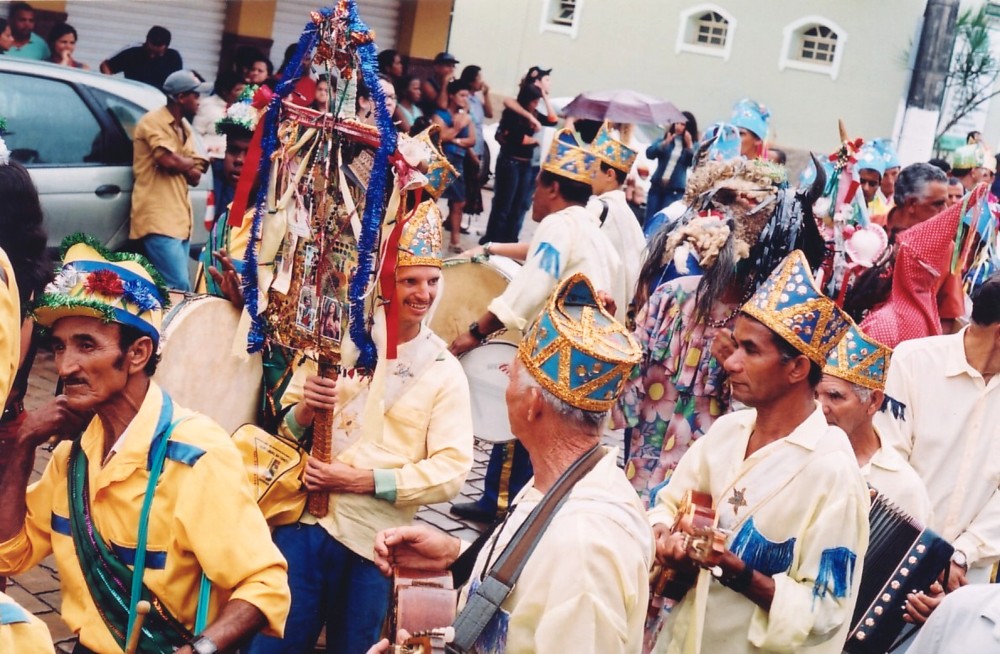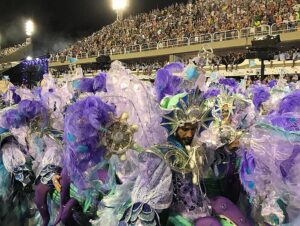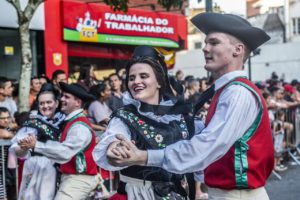Epiphany in Brazil: History, Customs, and Festivities
Brazilians celebrate, Epiphany, or Dia de Reis, on January 6, and the holiday marks the culmination of the Christmas season. Epiphany commemorates the visit of the Três Reis Magos (Three Wise Men) to the baby Jesus. While its origins are rooted in Christian tradition, Dia de Reis has evolved to include a blend of religious and secular customs that reflect Brazil’s vibrant cultural heritage.
History and Religious Significance of Epiphany in Brazil
Dia de Reis has its roots in Christian theology. According to Christian beliefs, the Three Wise Men—Gaspar, Melchior, and Balthazar—followed the Estrela de Belém (Star of Bethlehem) to present gifts of ouro (gold), incenso (frankincense), and mirra (myrrh) to the infant Jesus. In Brazil, this day holds special importance as it symbolizes the end of the Ciclo Natalino (Christmas cycle). Churches often host special missas (masses) that recount the story of the Wise Men and emphasize themes of generosity and spiritual enlightenment.
Secular and Cultural Customs of Epiphany in Brazil
Brazil’s multicultural tapestry has infused Dia de Reis with local traditions, especially in rural areas and smaller communities. One of the most distinctive customs is the Folia de Reis, a folk celebration that combines music, dance, and religious devotion. This tradition features colorful processions of musicians and singers, known as foliões. They travel from house to house reenacting the journey of the Wise Men. They sing modinhas de Reis (Epiphany carols) accompanied by instruments such as violões (guitars), pandeiros (tambourines), and acordeões (accordions). Homeowners often welcome them with food and drinks, turning the event into a lively and communal affair.
Another custom is the desmontagem do presépio, or the dismantling of the nativity scene. On Dia de Reis, many Brazilian families take down their presépios (nativity scenes) and Christmas decorations, marking the end of the festive season.
Food of Epiphany in Brazil
Food plays a central role in Dia de Reis celebrations. One of the most iconic treats is the Bolo de Reis (King Cake), a sweet bread decorated with dried fruits and sugar crystals. Some versions hide a fava, a bean, small trinket or coin inside. The person who finds it is said to have good luck for the year ahead.
In regions like Minas Gerais, pamonha (a sweet or savory dish made from corn) and canjica (a dessert made with white corn, coconut milk, and cinnamon) are popular. In Bahia, festivities might include dishes like acarajé (a fritter made of black eyed pea batter) and bolo de aipim (cassava cake). These dishes showcasing the diversity of Brazil’s culinary traditions.
Epiphany’s Broader Cultural Impact
Although Dia de Reis is primarily a Christian holiday, its secular elements make it a celebration of community and cultural identity. The music, storytelling, and shared meals foster a sense of togetherness, bridging religious and regional divides.
In modern Brazil, the holiday also serves as a reminder of the nation’s deep-rooted connections to faith, family, and festivity. For those participating in the Folia de Reis or simply enjoying a slice of Bolo de Reis, Dia de Reis continues to be a cherished tradition, blending reverence with joy.
Whether through its religious rituals or festive gatherings, Dia de Reis, Epiphany in Brazil, exemplifies the country’s unique ability to celebrate the sacred and the communal with equal passion. Feliz Dia de Reis!
Get on the road to speaking Portuguese with the Language Garage!
We hope you’ve enjoyed learning how to talk about Epiphany in Brazil. If you’d like to learn more, check out our other posts on Portuguese language, Brazilian culture, and more. And if you’re looking for convenient and affordable live Portuguese lessons with a real teacher, check out The Language Garage Portuguese. Our lessons are given online in a virtual classroom, so it doesn’t matter where you live or work. We can come to you. And we have flexible options, with a free trial so that you can decide if there’s a fit. Check us out!
Image Source: Wikimedia Commons






